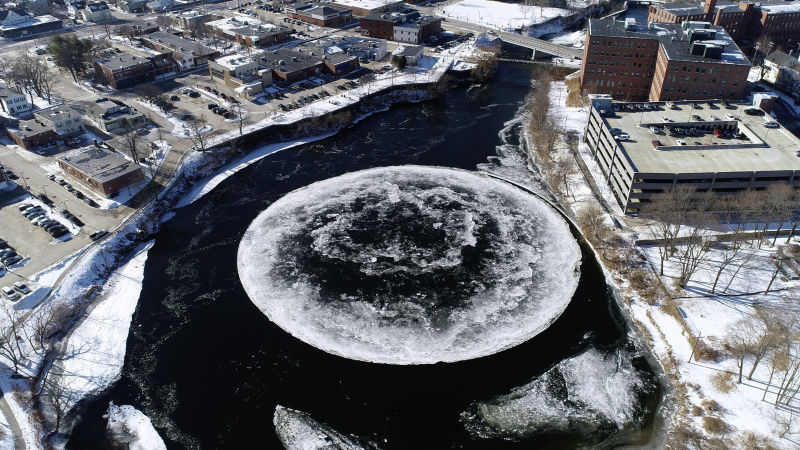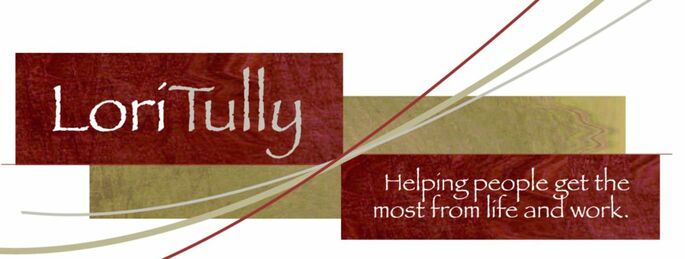
It’s Spring time, time to come out of hibernation. And while winter in Maine posed its usual challenges, it also provided at least two unique opportunities to re-connect with nature, friends and neighbors, and our sense of wonder.
The great black hawk—only the second of its kind ever spotted in the United States—became the star of Deering Oaks Park. A native of Central and South America, the “celebrity bird” inspired birders and non-birders alike to leave our desks, screens and woodstoves to view and photograph this rare, valiant visitor.
Then there was the giant spinning ice disk in the Presumpscot River. According to a physics professor at the California Institute of Technology most disks of this kind are 20 to 30 feet across. The one that formed in Westbrook and grabbed attention from around the world was estimated at 300 feet across, and almost perfectly circular.
On the cold Saturday we visited the ice disk—with friends from Bangor and Old Orchard—it had attracted a smiling crowd of admirers chatting excitedly about everything from the science behind the phenomenon to its not-of-this-world beauty.
While on the one hand I was enjoying these opportunities to connect, I was also reading two powerful studies about how increasingly isolated we are all becoming, and the threats that being disconnected poses to our mental health.
CIGNA’s study on the “Epidemic of Loneliness” reveals the importance of in-person interactions and the right balance of sleep, work, socializing with friends and family, and “me time” in order to protect against feeling lonely and depressed.
Johann Hari's book “Lost Connections: Uncovering the Real Causes of Depression—and the Unexpected Solutions” echoes this theme (thanks for the recommendation, Ken--great read!).
Hari provides an in-depth look at what he calls the “Nine Causes of Depression and Anxiety”, each of which contains its own potential antidote. He makes a compelling case for our culture’s over emphasis on the biological causes of depression and anxiety and how meaningful reconnection—to other people, to work, and to our values—is a critical and “different kind of antidepressant”.
The black hawk and the ice disk provided two awe inspiring reminders to seek more meaningful connection in our lives. To get out into nature, disconnect from our devices and to reconnect with one another.
Spring time will surely bring many more of these opportunities, if we just take the time to look for them.
Lori Tully - Offering "coach like" therapy to clients in the greater Portland, Maine, area.
